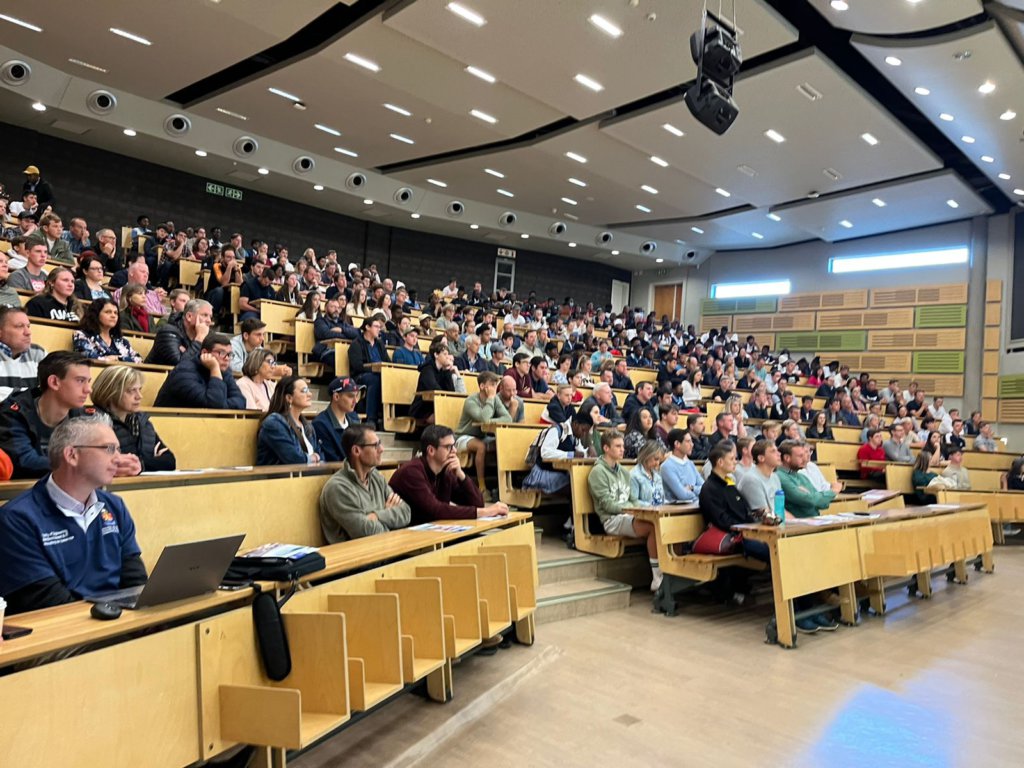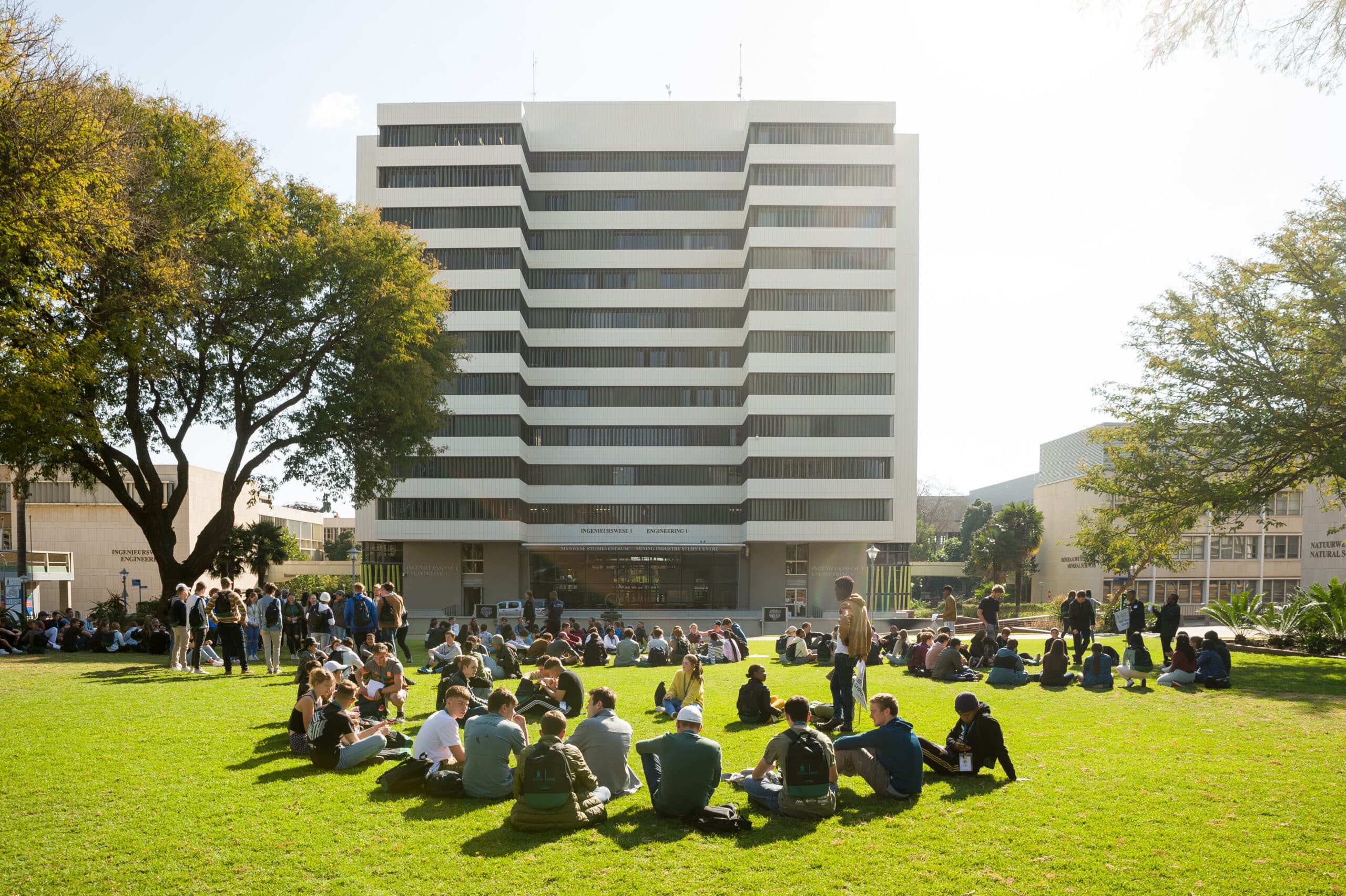The University of Pretoria (UP) stands out as one of Africa’s foremost research universities, boasting a vibrant campus life and a rich history of educating South African students for over a century. Its commitment to global excellence is evident through the approximately 4,000 international students who grace its beautiful campuses each year and the numerous agreements it has forged with universities across the world.
Off-campus, there’s much to see and do. Pretoria, the capital city of South Africa, is home to an array of cultural attractions, including theatres, museums, and fine dining establishments. It also has a rich historical heritage, which is reflected in its notable historical sites. With its temperate climate and affordable living costs, Pretoria provides an idyllic setting for students and visitors alike. Its stunning scenery is especially noteworthy during springtime when the jacaranda trees are in full bloom. For those seeking a taste of adventure, Pretoria is within driving distance of the world-renowned Kruger National Park, offering a chance to see some of Africa’s most magnificent wildlife up close.
Such stellar surroundings perfectly complement the rigours of a 21st century degree programme. The Department of Electrical, Electronic and Computer Engineering (EECE) is widely recognised as the premier institution of its kind in South Africa, ranking among the top five electrical and electronic engineering departments in Africa. EECE’s mission is to help build a smart, sustainable Africa and world, while nurturing the human activities within. This mission is supported by a faculty of accomplished researchers and educators who publish their findings in top-tier academic journals and continuously refine postgraduate programmes that are relevant to industry needs. Thanks to these efforts, today, EECE is poised to tackle the challenges of tomorrow.

EECE is equipped with state-of-the-art laboratories. Source: The University of Pretoria
Courses and research areas can be chosen from a highly diverse range, as embodied in the cutting-edge work carried out by the eight research groups in the department. The research groups are Bioengineering; Control Systems, Electronics and Microelectronics; Just Energy Transition; Microwaves and Antennas; Power Systems; Smart Sensing and Intelligent Systems and Signals, Information Fusion and Communications. Some of these groups are involved in interdisciplinary research that engages, for example, the economic sciences and humanities.
EECE offers a unique and flexible approach to master’s degree programmes. Students with a bachelor’s degree in engineering can directly enroll for a research master’s degree (the research master’s requires that a dissertation be written). Alternatively, the bachelor’s can be followed by a year long, course work honours degree that allows students to tailor their courses to meet research goals anticipated for a research master’s. Courses are designed to provide students with the necessary knowledge and skills to undertake advanced research in their field. Some of these courses will contain content that is uniquely tailored towards a student’s specific research goals.

EECE is the largest department of its kind in South Africa. Source: The University of Pretoria
EECE’s master’s degree programmes also serve as a solid foundation for students interested in pursuing a PhD. The PhD requires students to write a thesis based on original research.
To find out more about EECE’s postgraduate offerings, click here.











